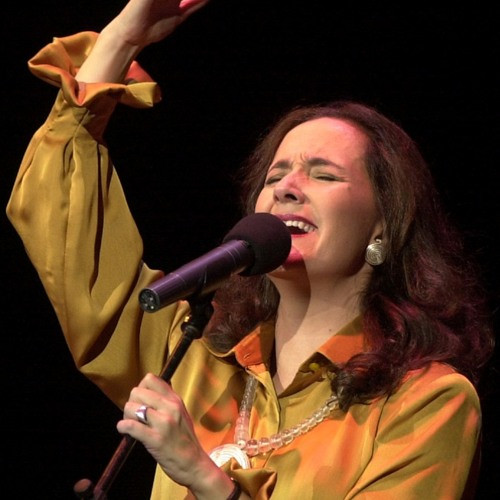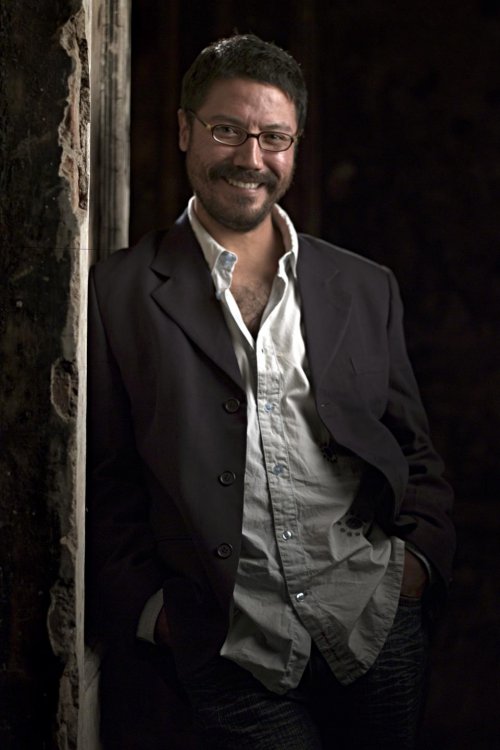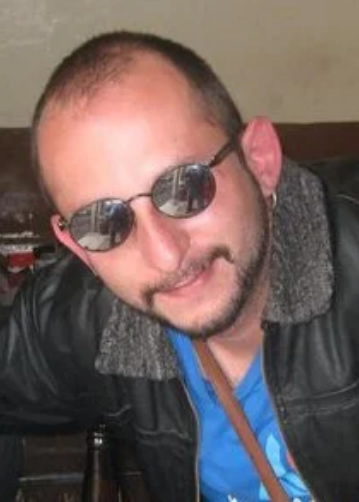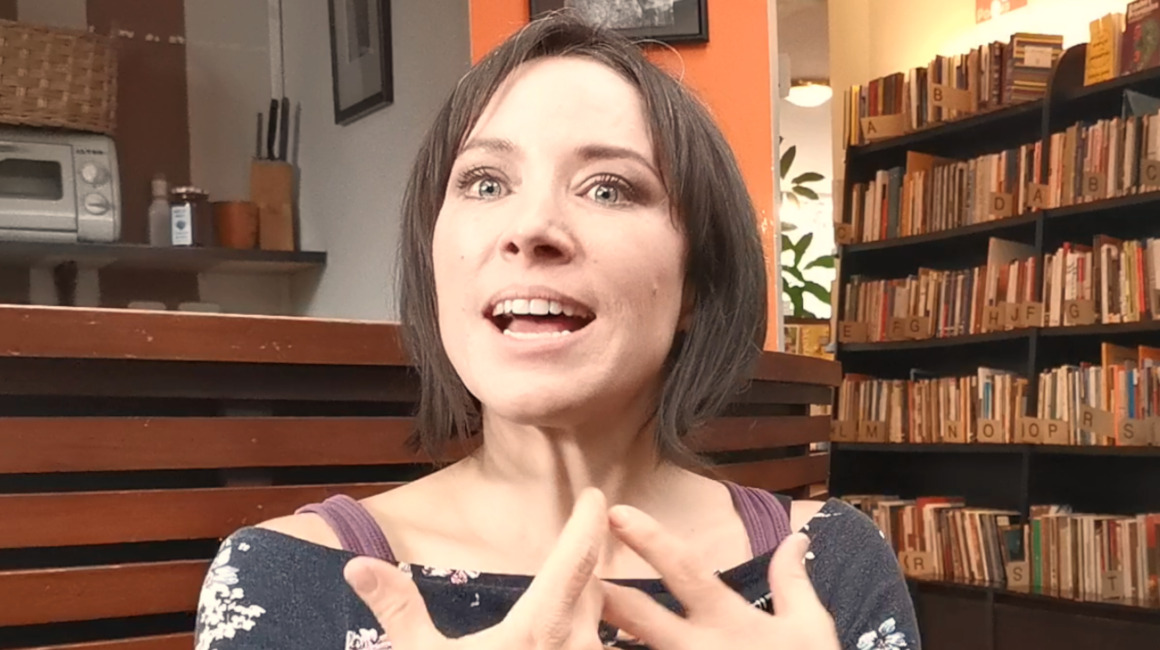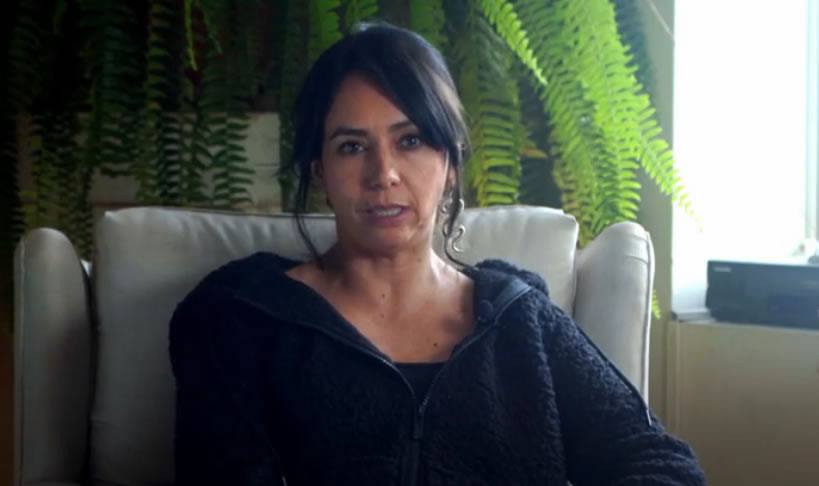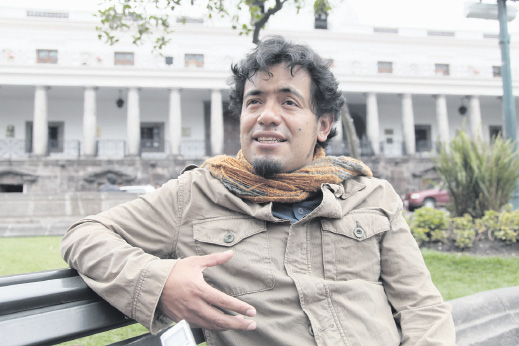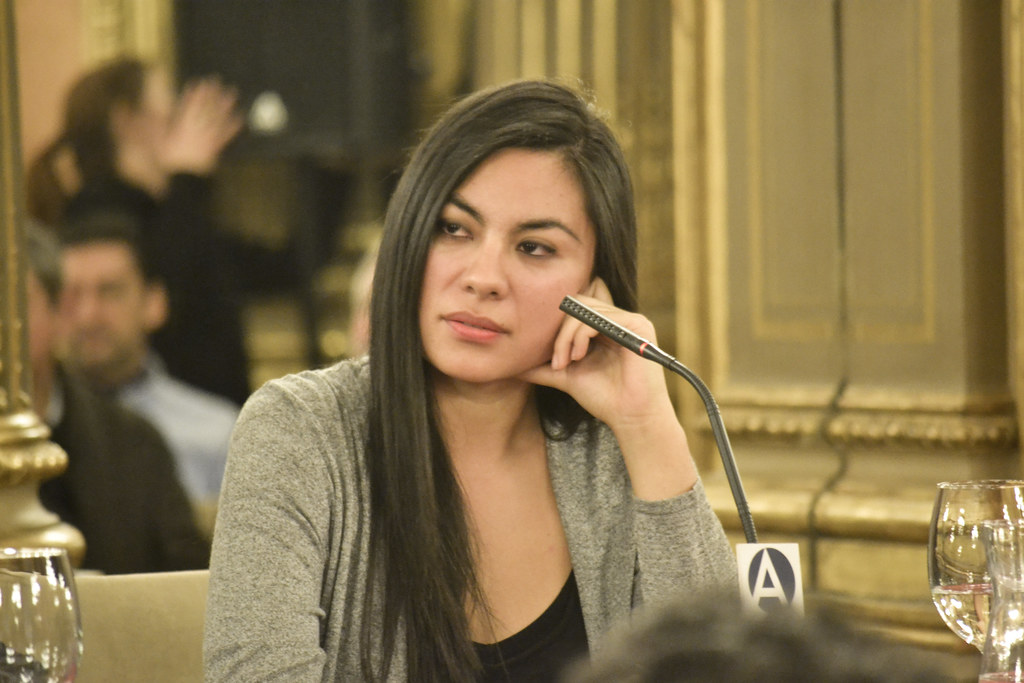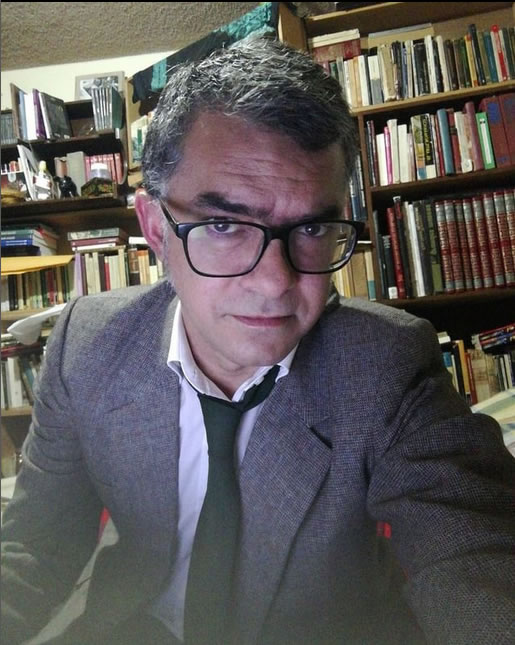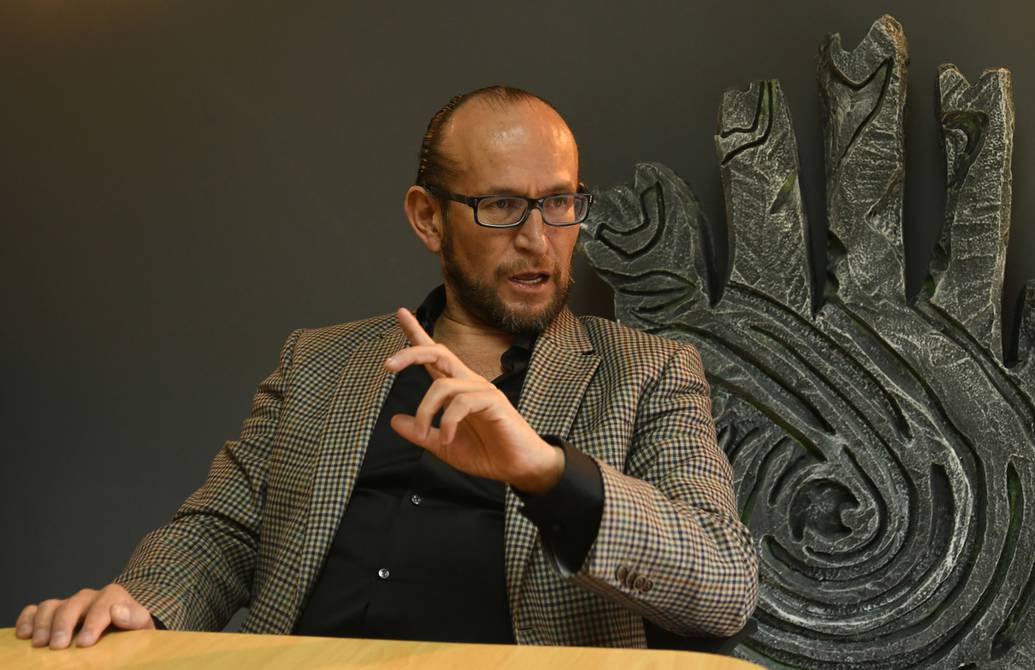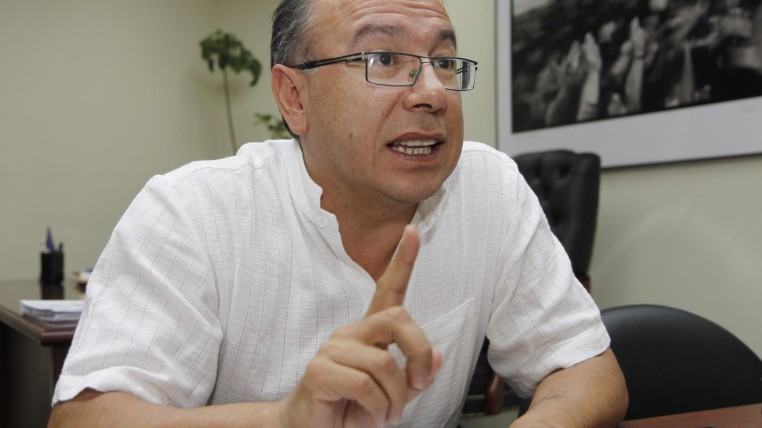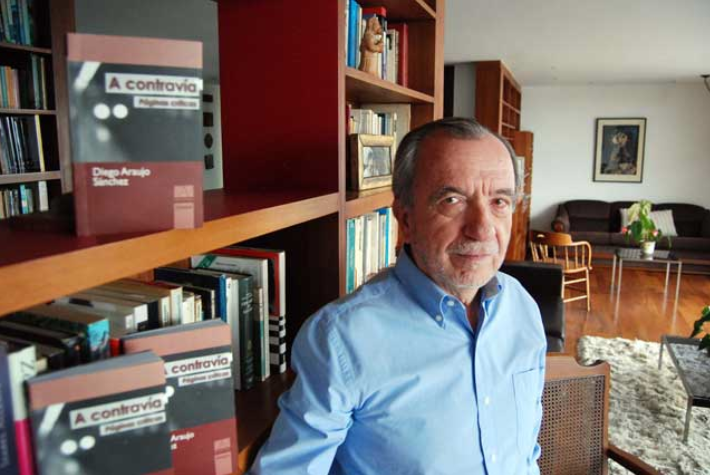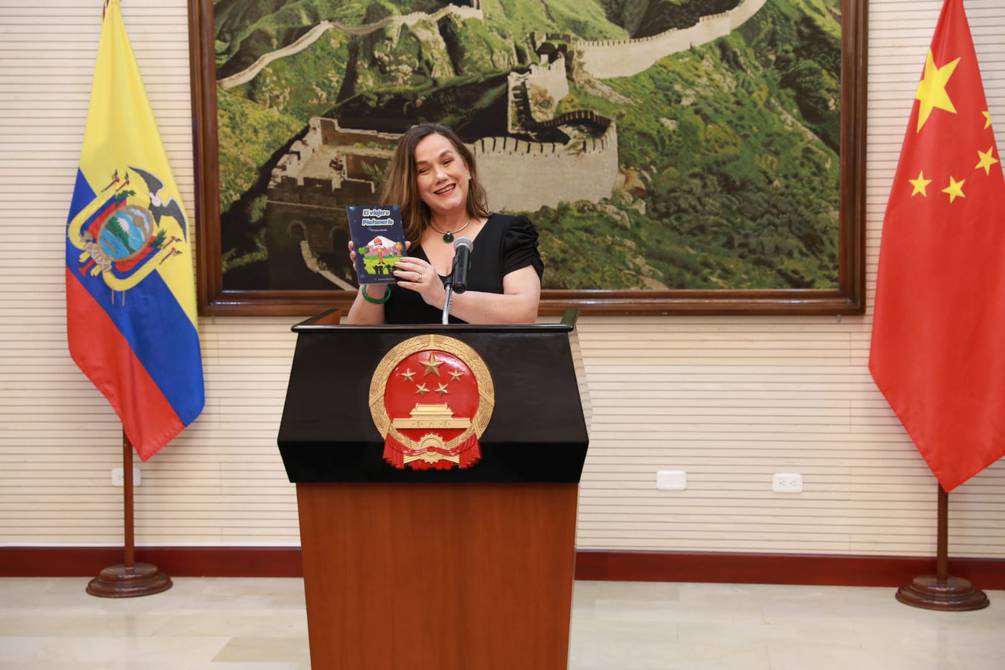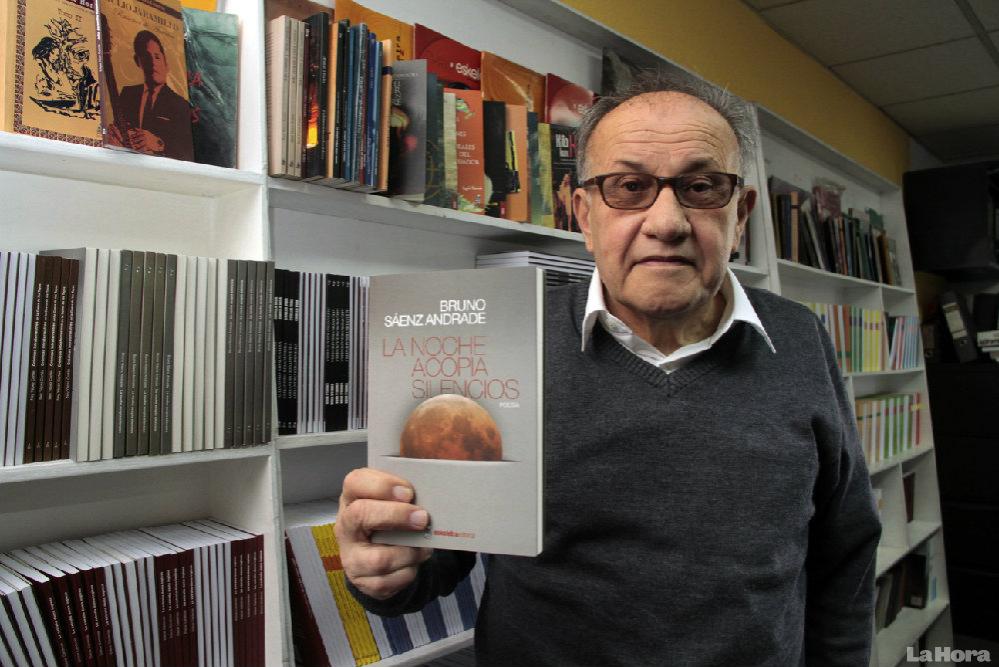Margarita Laso (Quito, July 20. 1963) is an Ecuadorian writer, editor, singer, and music producer. She has dedicated herself to the interpretation of songs based on traditional and regional genres of Ecuador, she has recorded pasillos, boleros, tangos, Christmas songs, and traditional Ecuadorian music. She has produced over 12 records and has authored several poetry books. In 1997, her poetry book, “El trazo de las cobras” won the Jorge Carrera Andrade Prize. She has worked as a columnist for the newspaper Hoy.
Continue reading “Margarita Laso”Category: Writers from Quito
Edwin Madrid
Edwin Madrid (Quito, 1961) is an Ecuadorian poet, essayist, and editor known for his impressive body of work comprising 14 poetry books. Arising from the influential literary workshops led by Miguel Donoso Pareja in the 1980s, Madrid has emerged as one of the most notable poets of his generation. Currently serving as the director of the writing workshops at the House of Ecuadorian Culture, he plays a pivotal role in mentoring and nurturing the next generation of poets in Ecuador. Madrid’s deep involvement in the poetry community extends to organizing gatherings, recitals, and even running a publishing house. His poetic prowess has earned him recognition and awards both within Ecuador and internationally. With translations of his work available in multiple languages, including English, Portuguese, German, French, Arabic, and Italian, Madrid’s poetic voice has resonated with readers around the globe.
Continue reading “Edwin Madrid”Fernando Escobar Páez
Fernando Escobar Páez (Quito, 1982) is an Ecuadorian writer, poet and journalist. His first book, “Los ganadores y yo,” was a poetry collection published in 2006. His second book, “Miss O´gginia,” was a book of short stories which won several awards and was published in six countries, including Spain, Argentina and Chile. He has also published the poetry collections, “Escúpeme en la verga” (2013) and “Tu retorno con aliento a biberón, peluche y verga ajena” (2018). His work has been published in over twenty anthologies of poetry and journalistic chronicles, both in Ecuador and abroad. Some of his work has been translated into several languages, including English, German, Portuguese, Russian, and French.
Continue reading “Fernando Escobar Páez”Marialuz Albuja Bayas
Marialuz Albuja Bayas (Quito, 1972) is an Ecuadorian poet, writer, translator, and university professor. She is the author of several poetry collections, including “Las naranjas y el mar,” “Llevo de la luna un rayo,” “Paisaje de sal,” and “La pendiente imposible,” which received numerous awards and was published by Ecuador’s Ministry of Culture, as well as “Detrás de la brisa,” which received honorable mention at the César Dávila Andrade Award. She has also written two novels: “En caso emergencia (no) rompa el vidrio”and “Maura.” In 2017 and 2019 respectively, both books received the Darío Guevara Mayorga Award for best published novel. Some of her work has been translated into English, Portuguese, French, Italian and Arabic, and has appeared in anthologies and publications throughout Latin America and Europe. She has worked as a professor at the Universidad de Los Hemisferios (University of the Hemispheres) in Quito.
Continue reading “Marialuz Albuja Bayas”Karla Armas
Karla Armas (Quito, July 6, 1978) is an Ecuadorian poet. In 2019, she released her first poetry collection, “Pez Amapola.” She has performed in a number of poetry recitals across the country. Her poems have appeared both inside and outside of Ecuador, most notably in Mexican poetry magazines. One of her poems appeared in a 2016 poetry anthology entitled, “Arrarrau. Trece poemas de antiamor, desamor y amor,” a collection of 13 poems by contemporary Ecuadorian poets.
Continue reading “Karla Armas”Javier Cevallos Perugachi
Javier Cevallos Perugachi (Quito, January 18, 1976) is a poet, playwright, actor, and stage director. He has worked on over 25 stage productions with national and international groups and actors. His literary works include the poetry collections, “La ciudad que se devoró a sí misma” (2001) and “C” (2005), as well as the plays “¡Repúbica! / Danzante” (2012) and “Ofelia City & Llaktayuk” (2014).
Continue reading “Javier Cevallos Perugachi”Carla Badillo Coronado
Carla Badillo Coronado (Quito, 1985) is an Ecuadorian poet, writer, journalist, translator, and travel writer based in Lisbon, Portugal. Her poetry books have won numerous prestigious awards. In 2010, she received the Moradalsur Award for her poetry collection “Belongings / Pertenencias”; in 2011, she won the César Dávila Andrade National Poetry Award for her book “Partituras Incompletas”; and in 2015, her poetry book “El color de la granada” won the Loewe Foundation International Poetry Prize for Young Creation. Her short novel “Abierta sigue la noche” received honorable mention at both the 2015 La Linares Prize and the 2017 Joaquín Gallegos Lara Prize.
Continue reading “Carla Badillo Coronado”Margarita Borja
Margarita Borja (Quito, 1983) is an Ecuadorian writer, journalist, translator, and literary critic. She has lived in Leipzip, Germany since 2007, where her daughters were born and raised. Since 2012 she has written an international opinion column for the Ecuadorian newspaper El Universo. In 2015, she published a collection of 32 of her opinion columns as a book, “Una latina en Alemania: historias de dos mundos” [A Latina in Germany: Stories of Two Worlds]. Her articles have appeared in numerous publications.
Continue reading “Margarita Borja”Esteban Poblete Oña
Esteban Poblete Oña aka E. Plobete (Quito, 1979) is an Ecuadorian novelist, short story writer, and poet. In 2017 he published his debut novel “El ojo a través de la calavera.” In 2021 he published the novels “Tres cantos fúnebres para Ella” and “Tremolar” which are part of a tetralogy named “Tetralogía de Q.” Its next 2 books, “El celo de los malditos” and “El Dragón en la Flor,” are expected for release in 2022.
Continue reading “Esteban Poblete Oña”Efraín Villacís
Efraín Villacís (Quito, 1966) is an Ecuadorian novelist, short story writer, playwright, editor, and literary critic. His fiction stories and essays have been published in magazines within and outside of Ecuador. As a literary critic and essayist, he has authored prologues and essays about numerous authors, including Teresa de la Parra, Enrique Gil Gilbert, Erasmo de Roterdam, José Rafael Bustamante, José de la Cuadra, and Mary Shelley. His theater play, “Contrato,” premiered in 1999. He released his debut novel, “La sonrisa hueca del señor Horudi,” in 2018. His latest novel, “Ciudad Jenga,” was published in 2020.
Continue reading “Efraín Villacís”Walter Franco Serrano
Walter Franco Serrano (Quito, 1932 – 2021) was a poet, novelist, and theater teacher. From 1954 to 1957, he cofounded the Quito Chamber Theater with professor Carlos Lowenberg, the Independent Theater with Francisco Tobar, and the puppet theater, casa de la Fantasia [Fantasy House]. He was a member of the Umbral Group, a literary group formed in Quito in 1952 by notable Ecuadorian writers of the time. He joined the Society of Friends of the Theater in 1955, where he taught oral expression. In 1967, he was Ecuador’s delegate to the First Latin America Theater Congress in Mexico. He lectured at the House of Ecuadorian Culture’s Theater Seminar between 1975-1976. His poetry collections include: “El instante innumerable” (1957), “El mar forastero” (1959), “Años ecuatoriales,” and “Cronica colombiana.” His novel “Un pueblo en los Andes” [A Town in the Andes] was a finalist for the 1971 Planeta award. His short story collections include: “Cinco mil dolares” and “Collazo 24.”
Continue reading “Walter Franco Serrano”Orlando Pérez
Orlando Pérez Sanchez (Quito, 1963) is an award-winning journalist and writer from Ecuador. In 2002 he published, “La celebración de la libertad,” a collection of interviews with nine writers from Latin America and Spain. In 2013 he published a novel, “La ceniza del adiós,” and a nonfiction book, “Wikileaks en la mitad del mundo,” about the U.S. diplomatic cables in Ecuador published by Wikileaks. In 2014 he co-authored “Caso Chevron: la verdad no contamina” with Nelson Silva.
Continue reading “Orlando Pérez”Diego Araujo Sánchez
Diego Araujo Sánchez (Quito, October 14, 1945) is a writer, journalist, and professor from Ecuador. He has been a professor of language and literature at the Pontifical Catholic University of Ecuador for thirty years, and a visiting professor at the Department of Classical and Modern Languages at the University of New Mexico in the United States. For 30 years, he was the deputy director of the Quito newspaper HOY, where he wrote a weekly opinion column. He also wrote a column for the newspaper El Comercio. He has written numerous articles and essays, as well as two historical-political novels, “Los nombres ocultos” (2016) and “Las secretas formas del tiempo” (2021). He is a corresponding member of the Royal Spanish Academy and a numerary member of the Ecuadorian Academy of Language, where he has served as treasurer since September 2017.
Continue reading “Diego Araujo Sánchez”Verónica Bonilla
Verónica Bonilla (Quito, June 11, 1962) is a prolific children’s book author, illustrator, and graphic designer from Ecuador. Her books have been published in Spanish, English and Chinese. She received China’s highest honor for a foreign writer, the 15th Special Book Award of China 2021, for her book Planatario en China, which was published in both Spanish and Chinese in 2019.
Continue reading “Verónica Bonilla”Bruno Sáenz Andrade
Bruno Sáenz Andrade (Quito, September 13, 1944 – Quito, January 11, 2022) was an Ecuadorian writer, poet, essayist and literary critic. He authored numerous books including: “El aprendiz y la palabra,” “Relatos del aprendiz,” “Comedia del cuerpo,” “1944, La promesa y la siega” and “La noche acopia silencios.” A lawyer by profession, in his working life he served as director of the School of Prosecutors in the Public Ministry, as well as Undersecretary of Culture. He was a regular speaker at the House of Ecuadorian Culture, the Benjamín Carrión Cultural Center, and the Rayuela bookstore, among other places. He was an emeritus member of the Ecuadorian Academy of Language since 2014. In 2003 his poetry book “Escribe la inicial de tu nombre en el umbral del sueño” won the Jorge Carrera Andrade Award.
Continue reading “Bruno Sáenz Andrade”
